Canadians do not want to see our international student and refugee programs abused. Such abuse undermines confidence in the immigration system and the ability of newcomers to help build Canada’s future.
Note: The views of this article do not necessarily reflect those of all CILA members.
However, Immigration Minister Marc Miller’s recent letter painting international students as mostly bogus asylum-seekers ignores the reality on the ground. The evidence points to a very different conclusion.
Students from India, Nigeria, Ghana, Guinea and the Democratic Republic of the Congo were singled out as the worst offenders. Yet, all of these are refugee-producing countries with serious human rights problems: India contends with police brutality, honour killings, and persecution of Muslims; Nigeria has passed notorious anti-gay laws; Ghana oppresses opposition members; Guinea allows forced marriage and female genital mutilation; and citizens of the Democratic Republic of the Congo face arbitrary arrest, extrajudicial killing, torture, disappearances, forced recruitment and sexual violence.
The reality is that people who face persecution will take whatever opportunities are available to flee their country. Legal options are the preferred choice, but visa restrictions that curb the flow of refugees can foreclose these options. As a result, refugees have long turned to smugglers or “travel agents”, who supply them with false travel documents or take them on dangerous overland routes to safe countries, like Canada, When Canada began welcoming more international students, it is likely that smugglers/agents started assisting people who needed to escape harm by helping them apply for study permits. Desperate people may have welcomed this opportunity to escape, even as a stop-gap measure until things improved in their home country.
Some found the student program to be a permanent solution: if they were able to complete their studies, they could apply for a Post-Graduation Work Permit and eventually apply for permanent residence. But others who were not able to succeed in the student program (perhaps due to lingering trauma) needed to seek asylum—including those who found themselves to be refugees “sur place” due to developments in their home country, or a change in their personal situation, while in Canada.
The Immigration and Refugee Board (IRB), an expert tribunal, sees this student-turned-asylum seeker scenario every day, but it raises no particular red flags. This is because the Board is well-aware that, as per UNHCR guidance, the method by which a refugee entered Canada says nothing about the merits of the claim. After a rigorous vetting, including by the Canadian Security and Intelligence Service, the IRB can and does find ex-students from the countries cited by the Minister to be genuine refugees.
In 2023, the IRB’s overall acceptance rate was 79%. The acceptance rate for Nigeria was 71%. For Ghana it was 66%. For Guinea, it was 76%. In the case of India, there is a lower acceptance rate (55%), but the claims are far from bogus. The IRB finds most Indian claimants credible, but dismisses their claims on other grounds within the Convention refugee definition.
Concerns over the rising numbers cited by the Minister could also be a mirage. He states that some 14,000 asylum claims were made by international students in the first nine months of 2024, but what percentage of the total international student population does that represent? He does not say; however, his own department’s statistics have indicated that there were over one million international students in Canada at the end of 2023, meaning that only a tiny fraction (1.4%) are claiming asylum. He also focuses on the percentage increase in the number of claims, but fails to mention that asylum claims are up exponentially around the world due to the proliferation of global conflict.
Although it is true that the number of asylum-seekers in Canada poses a strain on the refugee determination system, there are tools available to both the IRB and the Minister to address this issue. But the Minister’s facile, evidence-free attack on the international students who have sought asylum in Canada is not the way forward. It is not reflective of Canada’s strong international reputation in the area of refugee law.



